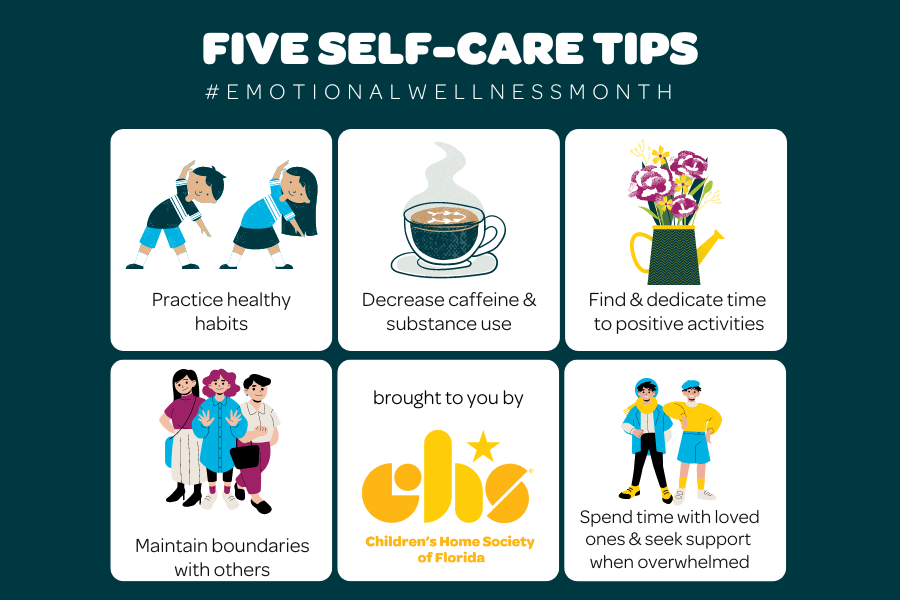- Homepage
- Good Health
- Recognizing the Signs of Depression in Women
Recognizing the Signs of Depression in Women
Beyond the Blues
Table of Contents
ToggleDepression is a complex mental health condition that affects millions of people worldwide, and women are disproportionately affected. While the symptoms of depression can vary from person to person, understanding the unique ways it can manifest in women is crucial for early recognition and support.
The Weight of Societal Expectations: The Impact on Women’s Mental Health
Women often face unique societal pressures and expectations that can contribute to the development of depression. These pressures can include balancing work, family, and personal responsibilities, adhering to beauty standards, and experiencing discrimination or harassment. The constant striving to meet these expectations can take a toll on mental well-being, leading to feelings of inadequacy, stress, and burnout.
The Hormonal Rollercoaster: The Influence of Menstrual Cycles and Menopause
Women’s hormonal fluctuations throughout their lives, particularly during menstrual cycles and menopause, can significantly impact mood and contribute to the development of depression. Hormonal imbalances can lead to fluctuations in energy levels, sleep patterns, and emotional regulation, making women more susceptible to feelings of sadness, anxiety, and irritability.
The Physical Manifestations: Beyond the Emotional
Depression can manifest not only emotionally but also physically. Women may experience fatigue, changes in appetite, sleep disturbances, aches and pains, and digestive issues. These physical symptoms can be overlooked or attributed to other causes, delaying diagnosis and treatment.
The Subtle Signs: A Shift in Personality and Behavior
Depression can subtly affect a woman’s personality and behavior. She may become withdrawn, lose interest in activities she once enjoyed, experience difficulty concentrating, or struggle to make decisions. She may also exhibit increased irritability, anger, or a sense of hopelessness.
The Impact on Relationships: Strained Connections and Social Withdrawal
Depression can strain relationships with family, friends, and partners. Women may withdraw from social interactions, experience difficulty communicating their feelings, or become overly critical of themselves and others. These changes can lead to feelings of isolation, loneliness, and a sense of disconnect from loved ones.
The Importance of Early Intervention: Seeking Help and Support
Early intervention is crucial for effective treatment and a better quality of life for women experiencing depression. If you notice any of these signs in yourself or someone you know, encourage them to seek professional help from a mental health professional. Therapy, medication, and lifestyle changes can all play a role in managing depression and promoting recovery.
Breaking the Stigma: Open Dialogue and Support
It’s important to break the stigma surrounding mental health and encourage open dialogue about depression. Educating ourselves and others about the signs, symptoms, and treatment options can help women feel empowered to seek help and support when they need it. Remember, you are not alone, and there are resources available to help you navigate the challenges of depression.





